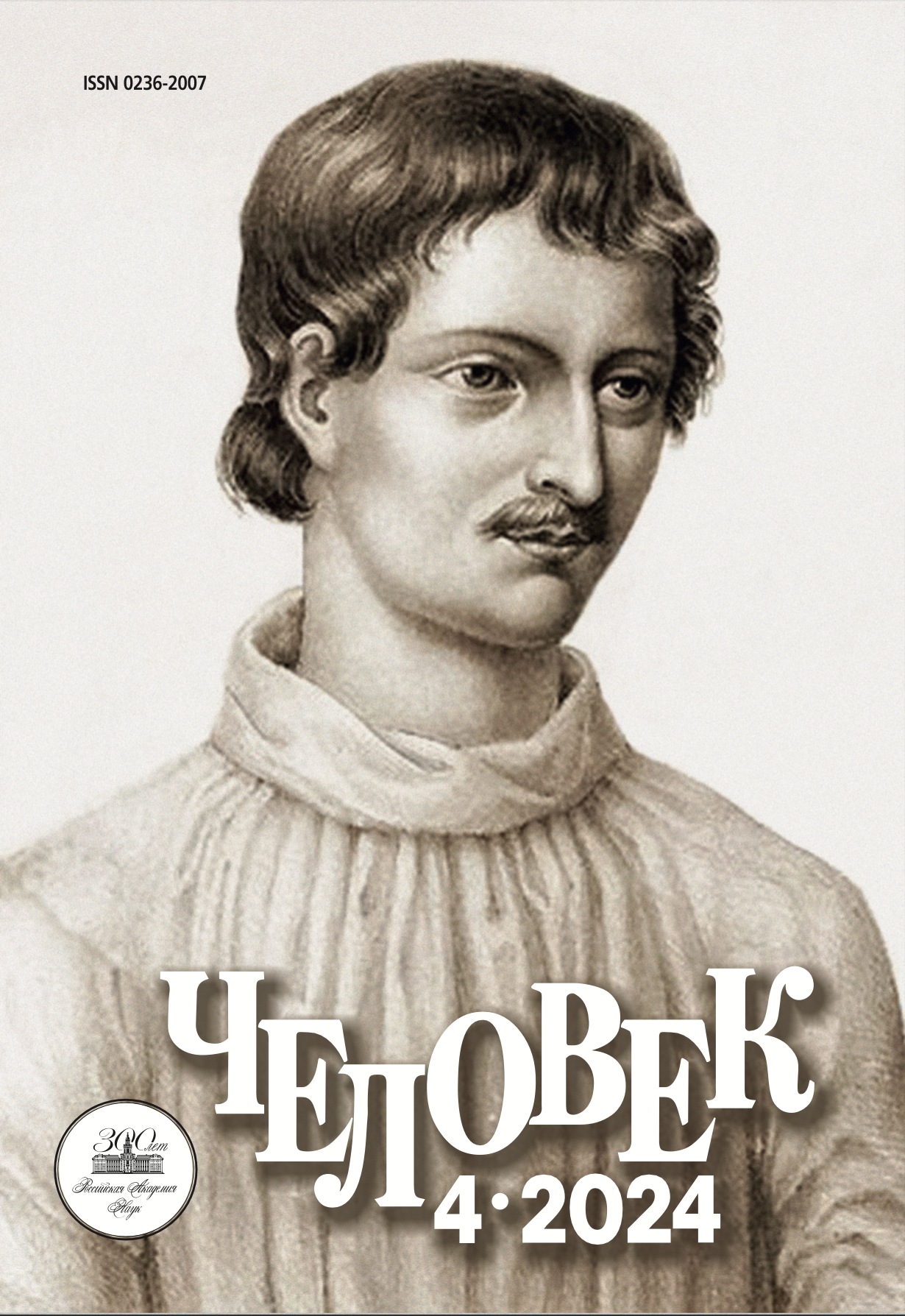Common Sense and Science: One World or Two?
DOI:
https://doi.org/10.31857/S0236200724040039Keywords:
philosophy of science, common sense, Scientific revolution, É. Meyerson, G. Bachelard, anthropology of science, folk biology, philosophy of biology, history of biologyAbstract
The paper examines the problem of the vertical split in the philosophy of science —whether there is a continuous transition between scientific knowledge and common sense or a radical break. In the first part of the work, the problem is discussed through the French tradition in philosophy of science. Two main solutions are articulated: continualist (Meyerson) and discountinualist (Bachelard). At the same time, its main drawback is revealed — speculative nature of itsconcept of common sense. In the second part, an attempt is made to solve this problem by correcting this flaw. Thus, it is proposed to rely on data gathered in anthropology of science to develop an empirically grounded concept of common sense. It is connected to folk biology — universal ways of thinking about plants and animals. Main features of folk biology are highlighted and comparedwith scientific biology. As a result, it is concluded that there are two radical breaks between them. The first one, decontextualization of nature, consists in withdrawing an object of study from the totality of its cultural and environmental relations. The second, deessentialization of nature, implies a transition from essentialist to historicist thinking. A preliminary conclusion is made that there is a break between it and science in general.






